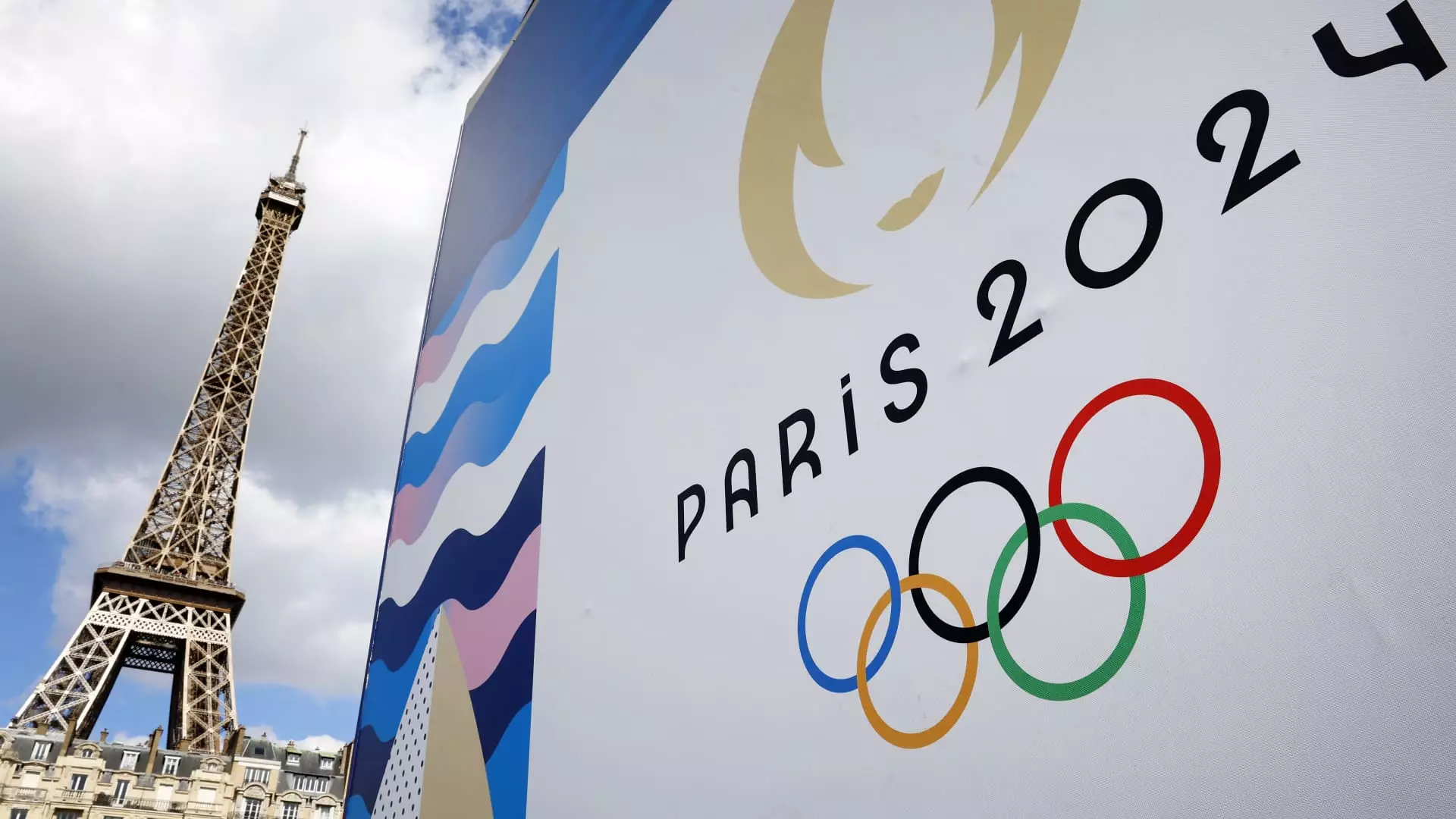Paris, known as the City of Light, is seeing a significant decrease in tourism this summer due to the influx of Olympic athletes. Delta Air Lines reports that travelers are choosing to book flights to other destinations instead of Paris, resulting in a $100 million loss for the airline. CEO Ed Bastian stated that unless individuals are attending the Olympics, there is minimal interest in visiting Paris for other types of tourism, such as business travel.
Market Share and Revenue Forecast
Delta Air Lines, in partnership with Air France, holds approximately 70% market share in nonstop service between the U.S. and France. Despite this, both airlines are experiencing a decline in revenue as travelers opt to avoid Paris during the Olympic Games. The parent company of Air France, Air France-KLM, expects a revenue loss of up to 180 million euros during the months of June through August due to decreased travel to the city. This reduction in demand is attributed to residents in France postponing their holidays until after the conclusion of the Olympics.
Both Delta Air Lines and Air France-KLM anticipate a surge in demand for travel to Paris after the Olympics conclude in August. While there may be a hesitation to visit the city during the sporting event, it is expected that tourists and business travelers will resume their trips post-Olympics. However, one major deterrent for mid-summer travel to Paris is the steep increase in hotel room prices. STR, a hotel-data firm, predicts a potential 45% rise in revenue per available room at upscale hotels in July and August compared to the previous year.
Many travelers have already begun shifting their European vacations beyond the typical summer travel period. Delta’s president, Glen Hauenstein, noted that retirees and individuals without school-aged children are choosing to travel to Europe in September and October instead of the crowded and hot months of July and August. This trend provides airlines with the opportunity to generate more revenue outside of the traditional peak travel season. Additionally, favorable exchange rates are contributing to an increase in travel to destinations like Japan, making it a more affordable option for U.S. tourists.
The presence of the Olympics in Paris this summer has significantly impacted the tourism industry in the city. While there is a decline in travel demand during the sporting event, airlines are hopeful for a resurgence in post-Olympics travel. The shift in travel seasons and favorable exchange rates are influencing travelers’ decisions to explore alternative destinations, such as Japan. As the travel industry continues to adapt to changing consumer preferences and global events, businesses must be prepared to navigate these shifts to remain competitive in the market.


Leave a Reply